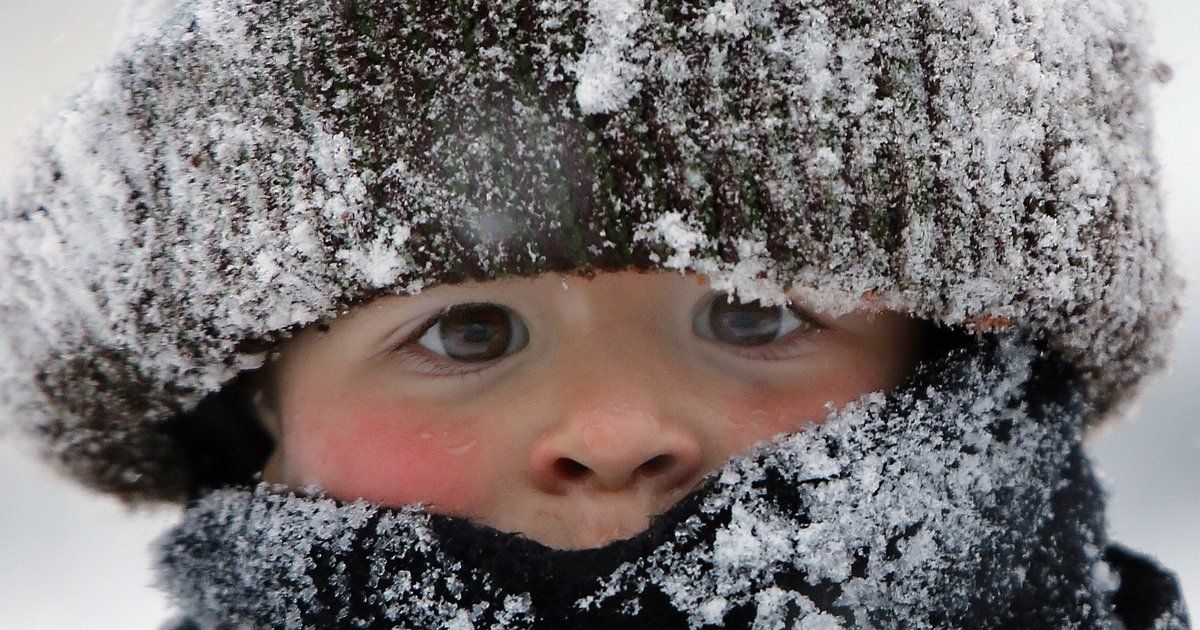The onset of winter is characterized by its cold embrace and many researchers are looking into the multidimensional changes that season brings to human psychology.
An elaborate survey carried out in collaboration with Alexandra Wormley from Arizona State University and Mark Schaller from university of British Columbia.
There, it was tried to untangle the intricate relations between winter and human cognition, emotional states as well as behavior.
Unveiling the Phenomenon of Seasonal Affective Disorder (SAD)
Diminishing daylight during winter affects mental health badly resulting into around 5% Americans experiencing SAD or seasonal affective disorder which is a form of depression.
These symptoms include hopelessness, loss of interest in activities that were once enjoyed and a feeling of lethargy.
The decrease in sunlight exposure leads to less production of serotonin, a mood regulating neurotransmitter.
This connection is shown by higher SAD rates in northern regions such as Scandinavian countries and Alaska where there are few hours of daylight.
Combatting Seasonal Depression
The presence of SAD necessitates coping strategies. Incorporating practices such as regular walks outdoors or using light therapy for natural lighting helps.
Besides, acquiring interesting hobbies and maintaining social life assist in managing seasonal depression manifestations in individuals.
Parallels Between SAD and Hibernation
Fascinatingly, similarities can be drawn from observing hibernation among various species during winter and the occurrence of SAD.
Potentially, this condition owes its roots to the idea of saving power when resources are limited similar to adaptive mechanisms seen among animals during the colder months.
Understanding Cold-Weather Weight Gain
Winter becomes a time when quite a number add on weight. Research demonstrates that there is worsening diet quality and increased weight gain during this period with an average rise of 1-3 pounds.
This trend may be attributed to ancient evolutionary responses to scarcity which usually involve high food intake and little exercise during winter.
Seasonal Shifts in Behavior: From Intimacy to Generosity
In addition to affecting mood and body weight, winter also brings about changes in human behavior.
Strangely enough, winter months are characterized by an increase in sexual activity as shown through different indicators like sales of condoms, birth rates and searches on the internet containing terms related to intimacy.
Hormonal changes, libido alterations with change of seasons and more opportunities for closeness during holidays are all possible reasons for this phenomenon.
Winter’s Influence on Focus and Generosity
On the contrary, cognitive performance is known to be at its highest point in the winter despite its association with gloom.
Cognitive peaks have been observed around winter and summer solstices indicating that there is an increased attention span at these times.
Furthermore, the season encourages generosity as indicated by higher levels of charitable giving and bigger tips left during the holiday season motivated by the selfless values associated with winter festivities.
Unraveling the Enigma: Humans as Seasonal Creatures
By nature, human beings show seasonal variations in their behaviors as well as health patterns which are intricately connected to seasons.
During the winter period, people tend to consume more food than usual; a decrease in physical activities; an increase in sexual activity among partners;and a better memory.
While researchers continue investigating these kinds of seasonal effects, it becomes clear that known effects might just be scratching surfaces of what our seasonal responses entail.
The Future of Seasonal Psychology: Unveiling Hidden Dimensions
There is ongoing work on how winter affects human behavior, but there is a large canvas still to be explored.
Further research endeavors promise to uncover hidden dimensions and unravel the intricate tapestry of seasonal psychology.
As one examines the intricacies of the human mind, it is possible that seasonal influences could hold deeper implications for our actions.
Winter does not just change the weather; it causes a variety of alterations in human behavior and well-being.
By exploring these seasonal dynamics, one can have a better grasp on how environmental changes relate to cognitive and emotional responses, which ultimately enhances one’s understanding of being human.


























